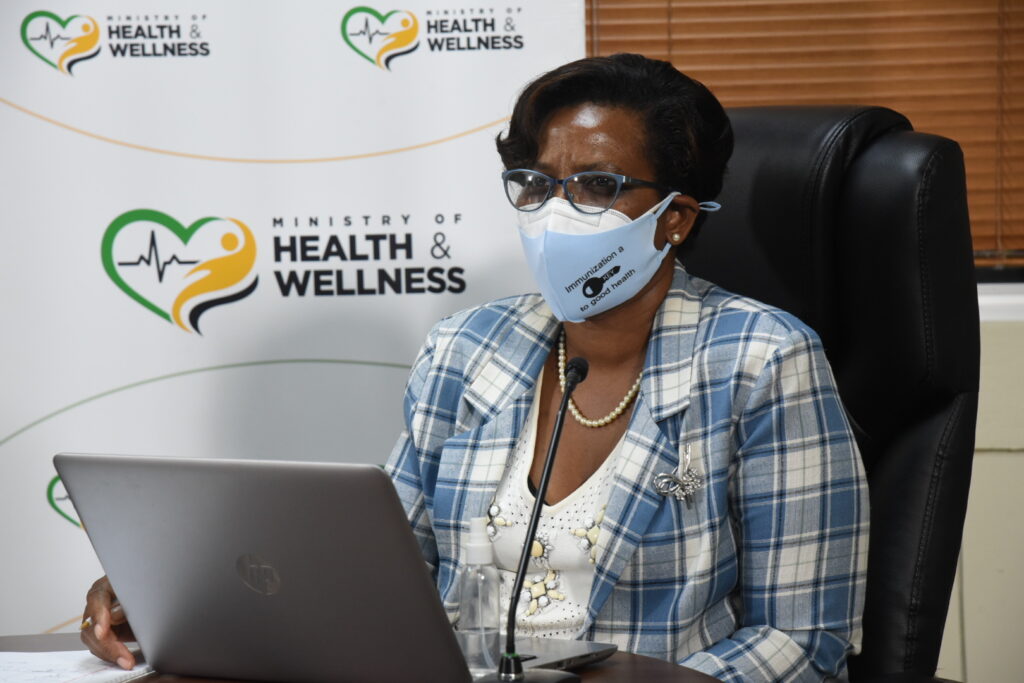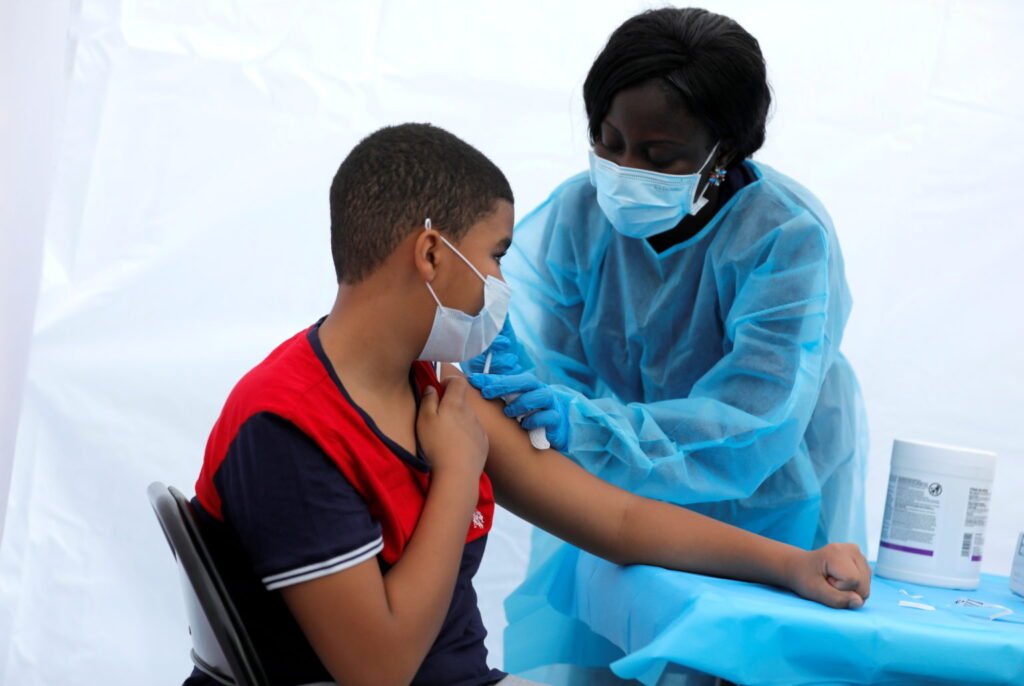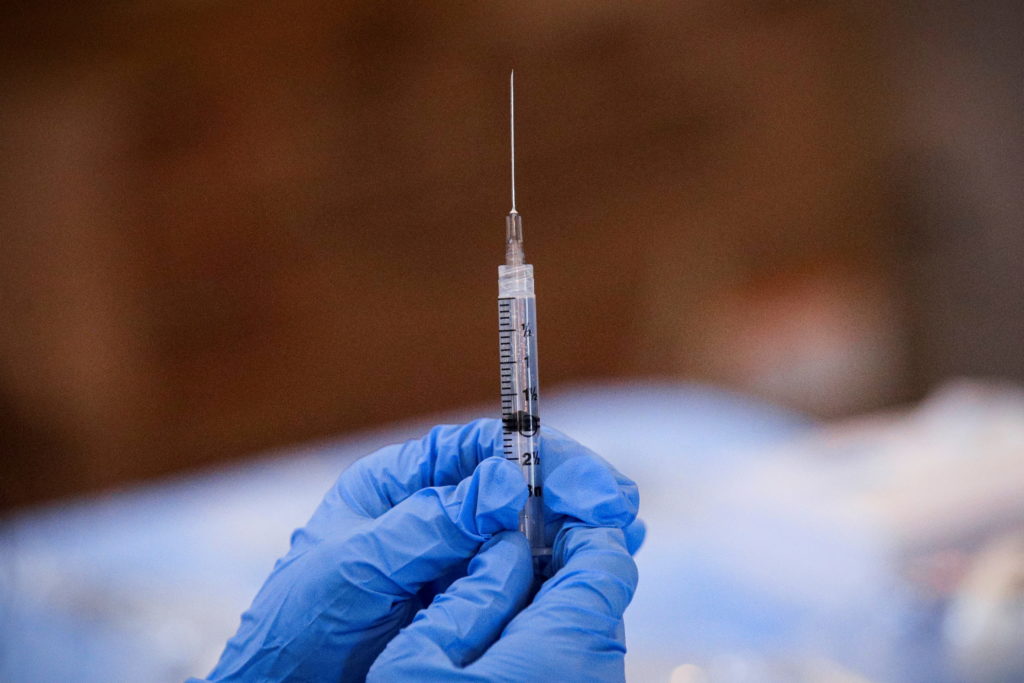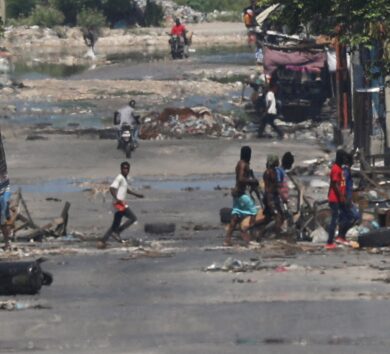

The Ministry of Health and Wellness is stepping up its immunisation programme to reach children and adults who might have missed doses during the pandemic.
Director of Family Health Services in the Ministry, Dr Melody Ennis, said that vaccine outreach centres have been established in parishes, and arrangements can also be made with the health departments to facilitate persons.
“I want to encourage persons to ensure that their children are vaccinated. If you are pregnant, you need to get your vaccines as well. If you have underlying health conditions – hypertension, diabetes and asthma, contact your healthcare provider to see if you are adequately vaccinated, which means you will be adequately protected,” she said, emphasising that “vaccines are not only for children”.

Jamaica’s immunisation schedule offers vaccination against 12 vaccine-preventable diseases as recommended by the World Health Organization (WHO).
Most of the vaccine doses are delivered in the first year of life, along with the measles-mumps-rubella (MMR) vaccine and booster doses of the polio vaccine in the second year.
Booster doses of the polio and diphtheria-tetanus-pertussis (DTP) vaccines are administered generally to children aged four to six, and the human papillomavirus (HPV) vaccine to 11 to 12-year-old girls.
Since 2010, the Child Health Passport, which is issued at birth, has served as the individual’s record of vaccination. Older children may have an earlier version of this document or a vaccination card.
Since April 2023, the HPV vaccine has been offered to boys nine to 14, and girls, nine to 26.

Noting that vaccines can prevent persons from contracting serious illnesses, Dr Ennis said the minimal discomfort that some persons may feel after receiving the shots far outweighs the risk of ending up in a wheelchair for the rest of one’s life or eve dying.
“There is no comparison,” she argued.
She further pointed out that unvaccinated children who contract certain illnesses, may suffer life-long debilities.
Meanwhile, Dr Ennis assured that persons who have taken the coronavirus (COVID-19) vaccines can donate blood, noting that “there is [nothing] outside of the outlined criteria that they would need to meet”.
READ: Jamaica falling behind on childhood vaccinations says Opposition







Comments